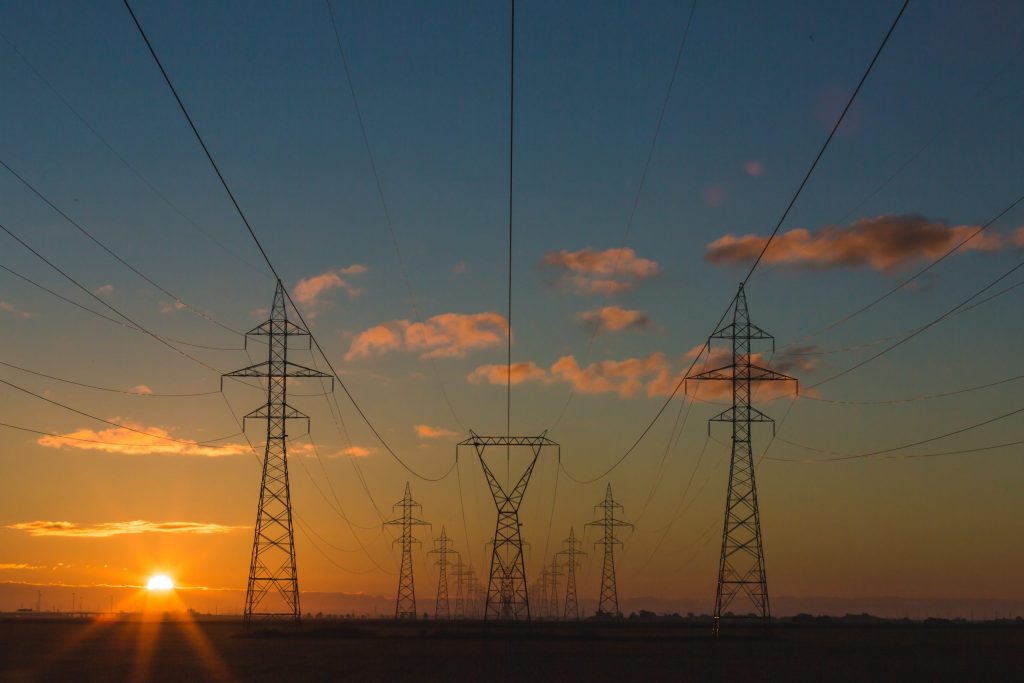A study commissioned by the Foresight Center explores scenarios of global energy futures and their implications for Estonia. As a result, four meta-scenarios were developed.

Bad Economy, Hotter World
Scenario materializes if the worst predictions about the economic cost of COVID-19 epidemic come true. The economic slowdown would turn into a major recession that lasts a decade. The 2020-2030 would become a ‘lost decade’ for climate change, with fragmented national policies and uncoordinated actions. In this scenario, the inability to address an unexpected pandemic lead to a (more severe) long-term climate crisis.
Innovation Unleashed
Scenario assumes that COVID-19, paired with already existing tensions in the society, creates the momentum needed for rapid market-led energy transition. In this state of the world, the central figures of these scenario are entrepreneurs, who support technological breakthroughs and rapidly transfer technologies from the lab to the market. Most governments embrace green recovery and invest stimulus funding into large energy infrastructure projects and aggressive energy R&D programs.
Big Government Solutions
Scenario implies an increasing role of the state. In line with predictions by some pundits, COVID-19 would make governments grow larger and more impactful. International climate action plans would experience a revival, spurring international race to the top in decarbonization. The climate change would become an important topic internationally, swiftly bringing about large-scale deployment of RE, large gains in energy efficiency. At the same time, this scenario might have some negative implications. For example, the government policies might be structured in a way that unintentionally pick the winning technology. Another worrying trend in this scenario would be big government’s encroachment on individual liberties in all aspects of life.
Dark Horse
Scenario is dedicated to the emergence of a General Purpose Technology (GPT) that would transform not only the energy sector, but would spread across most other sectors in the economy. Use of GPT would keep lowering the cost of technology to its users and would result in a wave of new inventions that translate into new products and processes. Recently, scholars began recognizing AI as the next GPT. AI has innumerous applications in the energy space, promising a disruption of currently existing energy system.
There is a role for the government in all four meta-scenarios developed in this paper. These scenarios have a significant relevance for Estonia. The government plays a central role in reducing emissions among the high-income countries, which also included Estonia. The government engagement ranges from a smaller role of supporting entrepreneurship in the Innovation Unleashed scenario to a much larger role in the Big Government Solutions scenario, where the energy transition is championed by the central authority. The worst-case scenario that describes a Bad Economy & Hotter World cautions the decision-makers about the dangers that a prolonged economic downturn and climate inaction could bring. The quick adoption of a general-purpose technology, described in the Dark Horse scenario, can be considerably accelerated by the public leadership.
Author: Dr. Anna Ebers Broughel
Energy Transitions Fellow at University of Texas at Austin, R&D at Tetra Tech

 An independent think tank at the Riigikogu
An independent think tank at the Riigikogu